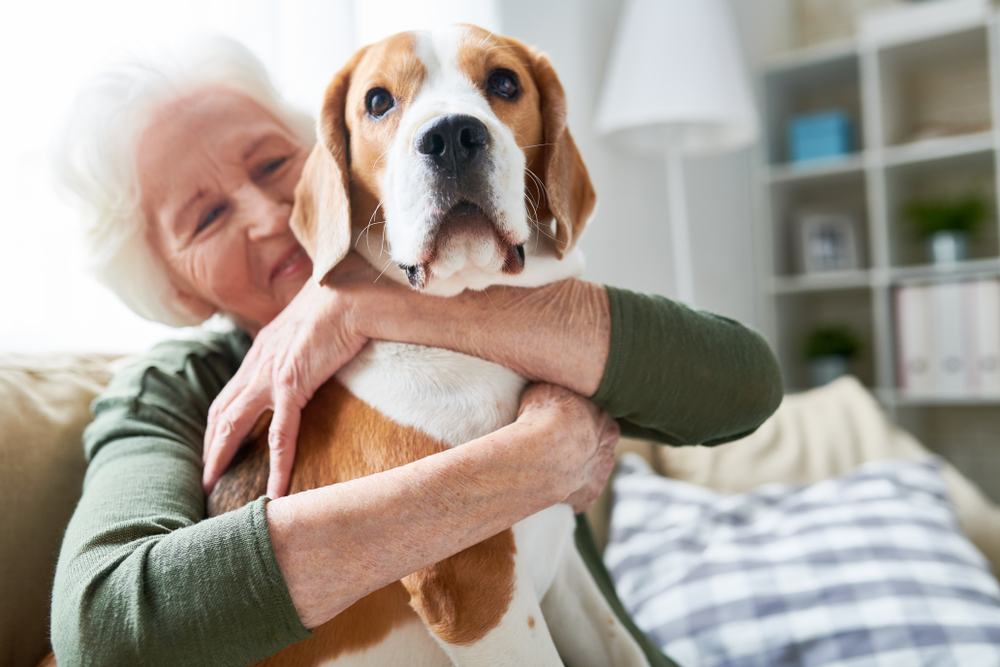
Preparing your furry friend for surgery can be stressful. The situation can make you anxious, whether it is a hip replacement procedure or dental cleaning. There are many things and information to remember. Are they required to take any medications? Are they allowed to eat or drink? What are the post-surgery requirements?
Though your pet doctor may provide vital instruction, the process can still feel daunting. Here are a few do's and don'ts that can help during the process.
What You Should Know
As a pet owner, you should expect to fill out some admission forms when you arrive at the clinic. You will have to fill out questionnaires about your pet's microchip, laser surgery, and preoperative blood work. Preoperative blood work is essential for pets at any age but is necessary for pets over the age of seven.
Preparation the Night Before
Preparation for surgery is different for every pet. Therefore, you should consult with your vet about your pet's surgery. It is an excellent time to ask the questions indicated above. It is also the perfect time to prepare your home for the next day.
Ensure you prepare a recovery area in your house for your pet. It can entail separating your pet from others or setting up their crate. Also, pack any medications and special dietary foods for the next day.
Preparation on the Morning of Surgery
Ensure your pet does not have access to water or food on the morning of the surgery. Drinking or eating could make your pet aspirate during anesthesia, as it can be fatal.
Most surgeries start in the morning to allow ample time for catheter placement. It also gives them time to do any additional blood work and testing. For this reason, make sure you are punctual.
Preparation for Post-operative Care
Your pet doctor will give you comprehensive instructions on caring for your pet after the surgery. If your pet has an incision, you will get instructions on keeping it clean. You may also get medications to help your pet with pain management and the prevention of infections.
Restricting your pet's activities after surgery is essential for proper healing. Consider placing your pet in a crate or talking to your pet doctor about a sedative. Experts also recommend holding off baths for the first two weeks. It ensures the incision heals properly.
Do's
Be financially prepared, ask for an estimate before the surgery
Take them to the bathroom before going to the vet
If your pet is on medications, ask your vet if you can administer medication on the morning of the surgery
Arrive punctually
Give your contact information for updates, instructions, or queries
Pick them up on time and get the discharge instructions
Don'ts
Do not give them food after 8 p.m. However, they can drink water.
Do not feed them anything different the night before
Do not overfeed them
Avoid stress, pets can sense your anxiety and become anxious
For more on preparing your pet for surgery, call Community Pet Outreach at (972) 848-8930 to reach our office in Lewisville, Texas.





